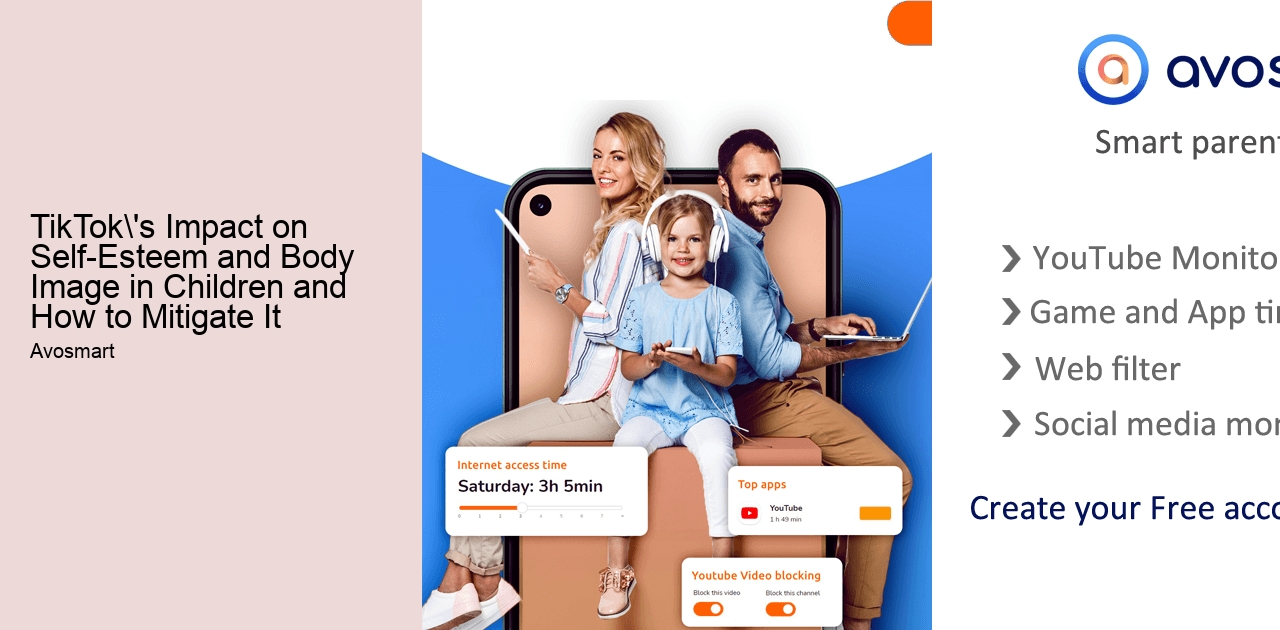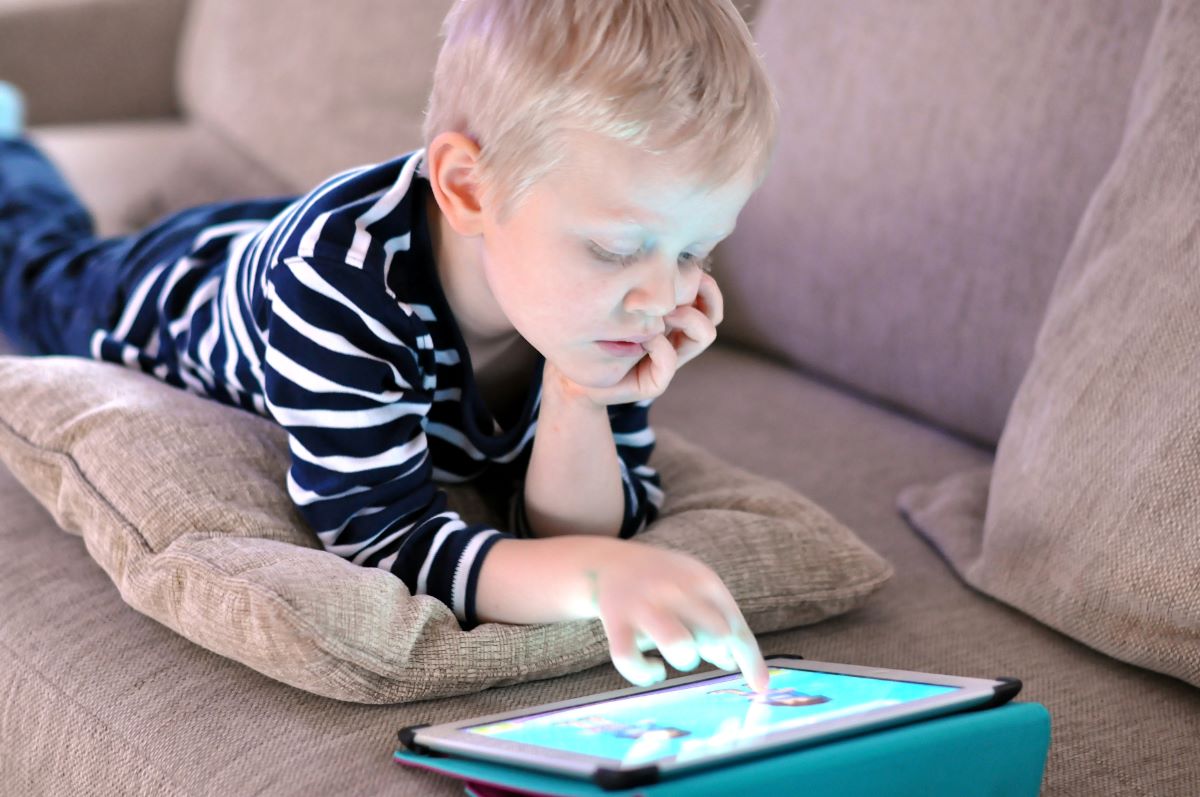
The Influence of TikTok on Children's Self-Esteem and Body Image
TikTok's Impact on Self-Esteem and Body Image in Children and How to Mitigate It
TikTok's influence on children's self-esteem and body image is a significant concern. This influence extends to the portrayal of beauty standards, body types, and comparison culture prevalent on the platform. The curated content can impact how children perceive themselves and others. Parents need to be aware of this influence, engaging in conversations that foster healthy self-esteem and body image. By encouraging critical thinking and self-acceptance, parents can help their children navigate TikTok's content without compromising their mental well-being.

